Usually, when people think of dieting for weight loss, they only think of calorie counting. After all, isn’t weight loss a simple case of consuming fewer calories than you burn in a day? Sort of, but the equation is actually a bit more complex than that. The other equally as important component of weight loss should be to track and maintain your macronutrients. This may sound more complicated than tracking calories, but it’s not too challenging if you utilize a third-party app that is designed for it (MyFitnessPal is particularly notable for tracking macros).
The Three Macros
One of the main reasons that you should track macronutrients is to make sure that the calories that you count aren’t empty. Each gram of a specific macro has a set number of calories, which means that tracking your macros inadvertently helps track your calories, while also making sure that you have the energy and nutrition to sustain your daily activity, lifestyle, and body type.
These are the three macros:
- Protein contains 4 calories per gram. It’s critical to build muscle and for complex cell growth.
- Fats contain 9 calories per gram. They are slow to digest and contain key anti-inflammatory components.
- Carbohydrates contain 4 calories per gram. They are a key source of energy that your body burns as needed.
Macros Better Match Your Body’s Needs for Nutrition
Macro counting is important because different people need different macro makeups, depending on their size, rate of physical activity, and physiological needs. An office worker weighing 120 pounds may only need 1,200 calories per day but will need fewer carbs and more protein, while an athlete weighing 250 pounds may need up to 3,000 calories a day, even if they are cutting muscle mass and losing weight, but will still need more carbs than a lighter, less active person.
Simply put, macros better reflect what your body actually needs, while still helping you accomplish your weight loss goals. Weight loss that isn’t rooted in real nutritional health isn’t sustainable and isn’t going to last, in the long run. Macros are a more tangible step towards a healthy lifestyle.
What Isn’t Reflected in Macronutrient Tracking?
One weakness of macro counting to remember is that the levels and quality of specific nutrients aren’t taken into account. For example, you could be perfectly hitting your macros, but not getting anywhere near the amount of daily fiber that you need. This is especially true for carbohydrates because macros don’t distinguish between complex carbs that are healthier for you, such as vegetables, and simple carbs, such as process grains.








